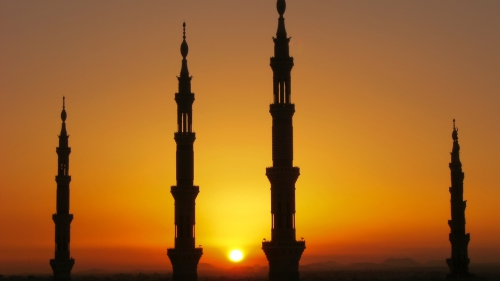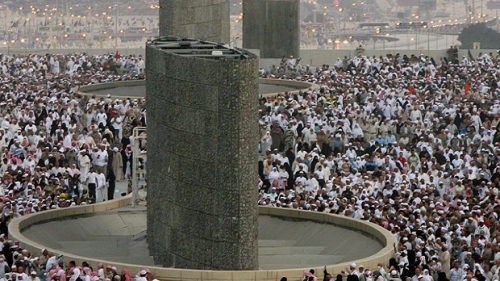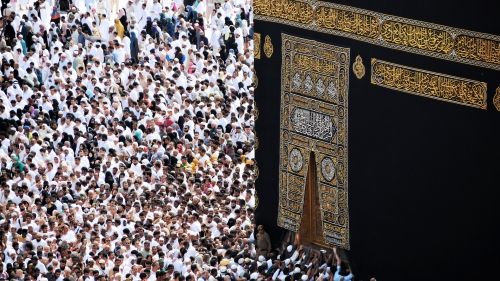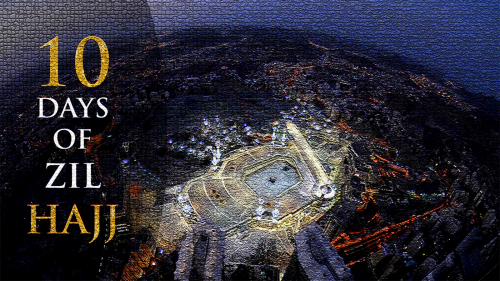Allama Iqbal: Does His Message Still Resonate Today?
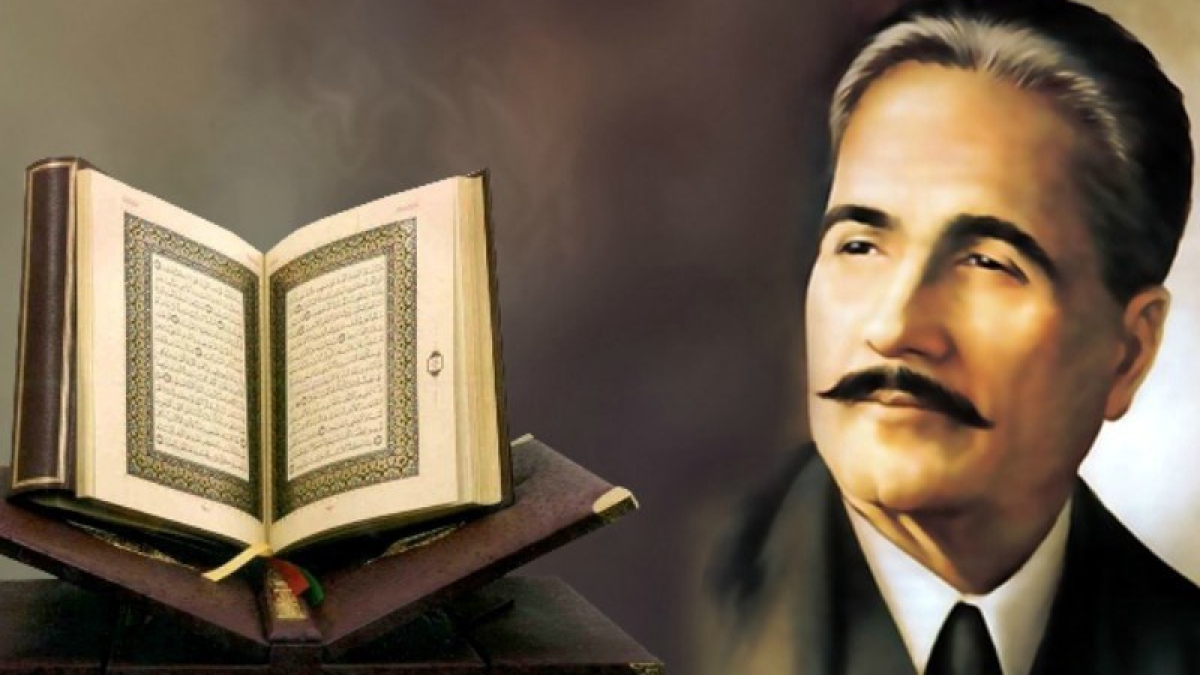
On November 9, 1877, Iqbal, the known poet-philosopher, was born in Sialkot, Punjab. It was a part of undivided India then, but now it belongs to Pakistan. He died on 21st April, 1938 and was buried in Lahore. In his memory, his birthday is celebrated in Indian sub-continent and all over the world in November.
Iqbal was a dominant figure in the twentieth century and influenced millions of people around the world. No philosophical and literary history would be complete without attention to major role played by Muhmmad Iqbal for the wellbeing of people. During his lifetime he demonstrated unprecedented consciousness for the safe future of mankind. Most of the major thinkers have acknowledged his contribution and influence. Iqbal’s Urdu and Persian poetry are the source of inspiration for millions. Thousands of books and articles in many languages are written about him. It is not an exaggeration to say that he had acquired a prominent position among the most towering thinkers of the world.
He received his early education at the Scotch Mission College in Sialkot. In 1895, he went to Lahore and joined the Government College of Lahore. In 1897 he graduated with distinction and received a medal and a scholarship for higher studies. Hence, he joined the Master’s program in Philosophy in the same institution and passed M.A. with gold medal. One of his philosophy teachers was Sir Thomas W. Arnold, a noted British philosopher. Iqbal was deeply impressed by Sir Thomas and his scholarship and developed a great respect and admiration for him. Sir Thomas also realized the excellent talents of Iqbal and included him among his close friends.
In 1905 Iqbal planned to go to Europe for higher studies. First, he studied at Trinity College of Cambridge, one of the famous and prestigious institutions of England at that time. There, he studied with celebrated scholars R. A. Nicholson and Neo-Hegelian, John M. E. McTaggart. Iqbal then studied in Heidelberg and Munich, Germany where he completed his doctorate in 1907. As a special case, he was exempted from the rule requiring residence at the University. He wrote his thesis in English in a short period of time. In July 1908 he returned to Lahore.
His visit to Europe provided a firsthand opportunity to observe the realities of the European countries. He observed empirical evidence of modern civilization and the careful study of the modern philosophical thought. It convinced him that man cannot develop his life and society without true, authentic, and universal knowledge – generally known as Islamic revealed knowledge, which was granted to man through the process of revelation. Iqbal realized that on metaphysical side, the modern philosophical thought was based on metaphysical conjecture instead of true, authentic, and universal knowledge about life, society, and the world. At home, after returning from Europe, the realities were not different. The conditions of people were more deplorable. He realized that society of which he was a member, was a sick society. He decided to bring about a change first in thinking of people, and then in the conditions of society. He diverted his poetry and other writings for the purpose of reform and revolution in culture and civilization. He emerged as a devoted and committed thinker for the cause of people and their wellbeing.
Iqbal was a prolific writer. In both prose and poetry, he has left ample material. It is wrong to say that in prose he left only the Reconstruction of Religious thought in Islam. He wrote hundreds of letters and short essays and issued several statements related to various dimensions of life. All these now constitute, other than Urdu and Persian poetry books, the original material for the understanding of the true position of Iqbal. Being a leading thinker and philosopher, he was engaged in and correspondence with people of different walks of life like religious leaders, journalists, politicians, and scholars etc.
The main concern of philosophy of Iqbal was peace, security, prosperity and well being of entire humanity in time space context. He was intellectually convinced that peace can be established if we succeed to establish equality of people and nations. For him this was possible through the revival of Islam. Because Islam is a comprehensive way of life and scheme of society, which begins with spirituality and culminates with the physical and material development. This trend in Iqbal’s thought can be easily gleaned through an exploration of his views on spirituality, ethical approach to life, and his critical insights into the ideologies of liberalism and nationalism.
Iqbal understood clearly that modern philosophical thought being based on speculation and conjecture which denies spirituality and emphasizes on mere material development, has failed to provide intellectual leadership to mankind. Hence, Iqbal contended, to fill up this gap of leadership people of the world must study Islam with an open mind. He argued unless humanity surrenders itself to the teachings of God through understanding of Islam as the way of life, it cannot achieve the noble goals of peace, security, and prosperity.
The shortcomings of modern civilization, at the level of theory and also at the level of practice, were clear to him. Unlike others, he was able to foresee the problematic aspects of modern civilization and its spiritual crisis which is now more visible than ever in the form of crimes, corruption, rate of suicides and rapes, and uneven global development.
Iqbal argued the cherished goals of humanity – peace, security, prosperity, equality, justice, liberty, rule of law, harmony, and peaceful co-existence, once elaborated and practiced by Islam have been destroyed by the communities of the modern world. On the eve of New year of 1938, in his message broadcasted from the Lahore Station of All-India Radio, Iqbal expressed his disenchantment with the modern dominant political ideologies and culture largely because of its irrational and illogical insistence on the denial of spirituality, acceptance of materialism, its ties to capitalist economies, and its lack of a meaningful conception of the spiritual community. He echoed the views of Bertrand Russell and said that scientific civilization is, no doubt, a good civilization but it is by itself not sufficient; increase in information and knowledge and skills should be accompanied by an increase in wisdom. For both Iqbal and Russell wisdom means the right conception of the ends of life. Both believed this is something which science and technology themselves do not provide. They concluded that progress in science by itself is not enough to guarantee any genuine progress of humanity. For Iqbal it is ethical and spiritual approach to life that humanity can attain true success and progress. It is therefore, incumbent upon old generation to pass on the message of peace and security delivered by Iqbal to the young generation. He said:
"The modern age prides itself on its progress in knowledge and its matchless scientific developments. No doubt, the pride is justified. Today space and time are being annihilated and man is achieving amazing successes in unveiling the secrets of nature and harnessing its forces to his own service."
But in spite of all these developments, the tyranny of imperialism struts abroad, covering its face under the masks of Democracy, Nationalism, Communism, Fascism and heaven knows what else besides. Under these masks, in every corner of the earth, the spirit of freedom and the dignity of man are being trampled underfoot in a way to which not even the darkest period of human history presents a parallel. The so-called statesmen have proved demons of bloodshed, tyranny and oppression. The rulers whose duty it was to protect and cherish those ideals which go to form a higher humanity, to prevent man’s oppression of man, and to elevate the moral and intellectual level of mankind, have shed the blood of millions and reduced millions to servitude simply in order to pander to the greed and avarice of their own particular groups.
After subjugating and establishing their dominion over weaker peoples, they have robbed them of their possessions, of their religious, their morals, of their cultural traditions and their literatures. Then they sowed divisions among them that they should shed one another’s blood and go to sleep under the opiate of serfdom, so that the leech of imperialism might go on sucking their blood without interruption.
The situation today in the world is not different. With the same spirit the so-called super and major powers are doing same things but forms are change. People have no say in their affairs as the rulers of the choice of the foreign nations are imposed to fulfil their national interests. In the name of national interest and security weaker nations are exploited. If we look around the world we find in the words of Iqbal “the same misery prevails in every corner of man’s earthly home, and hundreds of thousands of men are being butchered mercilessly. Engines of destruction created by science are wiping out the great landmarks of Man’s cultural achievements. The governments which are not themselves engaged in this drama of fire and blood are sucking the blood of the weaker people economically."
For Karl Marx ‘faith’ in God was the “heart of the heartless world” but for Iqbal ‘faith’ [the cognition and understanding and acceptance of true God] is a content and source of creative energy. For humanity to be genuinely liberated, Iqbal asserted, there is no other way except to surrender itself to the ‘reality’ of God, for the existence of God is the absolute truth of this world. Therefore, true faith [correct understanding and acceptance of true God] would induce in humanity the spirit of free man who is able to see himself as the sole, creative, and responsible power over world’s affairs.
Iqbal said: “Nothing can be achieved without a firm faith in the independence of one’s own inner life. This ‘faith’ alone keeps a people’s eye fixed on their goal and saves them from perpetual vacillation. The lesson that past experience has taught to us must be taken to heart. Expect nothing from any side”. Iqbal advised us: “Concentrate your whole ego on yourself alone, and ripen your clay into real manhood if you wish to see your aspirations realized. Remember! The flame of life cannot be borrowed from others; it must be kindled in the temple of one’s own soul.” He, therefore, asked the conscious people no obstacles should stop them from marching forward to save humanity from self-destruction. He said, “I am quite sensible of the difficulties that lie in our way, all that I can say is that if we cannot get over our difficulties, the world will soon get rid of us. ”
Topics: Humanity, Materialism, Muhammad Iqbal, Muslim Scholars, Philosophy, Poet Values: Equality, Freedom, Harmony, Justice, Peace, Spirituality
Views: 4589
Related Suggestions









